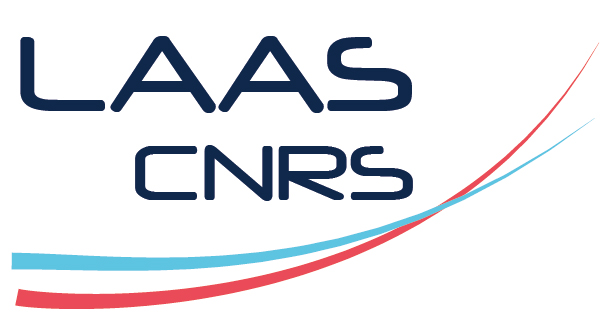Asymmetry of tensile versus compressive elasticity and permeability contributes to the regulation of exchanges in collagen gels
Résumé
The Starling principle describes exchanges between blood and tissues based on the balance of hydrostatic and osmotic flows. However, the permeation properties of the main constituent of tissues, namely, collagen, in response to the stress exerted by blood pressure remain poorly characterized. Here, we develop an instrument to determine the elasticity and permeability of collagen gels under tensile and compressive stress based on measuring the temporal change in pressure in an air cavity sealed at the outlet of a collagen slab. Data analysis with an analytical model reveals a drop in the permeability and enhanced strain stiffening of native collagen gels under compression versus tension, both effects being essentially lost after chemical cross-linking. Furthermore, we report the control of the permeability of native collagen gels using sinusoidal fluid injection, an effect explained by the asymmetric response in tension and compression. We lastly suggest that blood-associated pulsations could contribute to exchanges within tissues.
Domaines
Physique [physics]| Origine | Fichiers éditeurs autorisés sur une archive ouverte |
|---|



